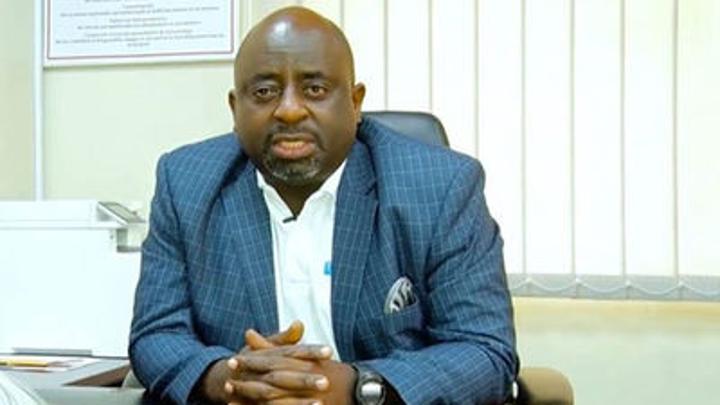Africa-Press – Tanzania. TANZANIA Private Sector Foundation (TPSF) finalises processes to introduce the Creative Industry Sector Skills Council (CISSC).
This is part of sector skills councils that the government has entrusted to the TPSF to form and coordinate them in implementation of the National Skills Development Strategy (NSDS) 2016-2026 under the support of the World Bank (WB) through the Education and Skills for Productive Jobs (ESPJ) programme-for-results.
The CISSC would therefore come to stimulate the implementation of the NSDS, according to TPSF Executive Director Francis Nanai.
The creative industry includes, among others, advertising and marketing, architecture, design, film, TV production, Radio, cartoonist and photo graphics.
“The envisaged new council would help in identifying skills gaps and lay down mechanisms to develop skills needed in the job market,” Mr Nanai stated over the weekend at stakeholders’ meeting to build awareness over introduction of the (CISSC).
He argued that in ensuring that Tanzania reaches a high middle income country it must have people with the right skills.
“The creative industry sector has made a huge contribution to creation of employment, but this sector has lacked skills among those employed,” he said.
The Five Year Development Plan (FYDP III) amplifies skills development, through interventions that address the problem of low soft skills (knowledge, creativity, persistence, self-drive and attitude) and mismatch between the skills demanded by employers and compared to training by academic institutions.
The behavioural nature of soft skills requires sustainable skills development from early child education as well as demands from the labour market and self-employment.
It is evidently clear that for many decades ahead, countries that will benefit will include those with internationally competitive skills. In that regard, Tanzania needs to continue to develop its human capital as well as increasing the local skills in rare and specialized areas in order to efficiently exploit the country’s enormous natural resources.
When officiating the meeting, Director of department of Arts in the Ministry of Information, Culture, Arts and Sports, Ms Leah Kihimbi, pointed out that the government’s
objective is to bring the country to high middle income status, that was why it invests heavily on developing human resources.
In these efforts the government was closely engaging the private sector so that it could continue giving support.
When presenting his paper, Mr Nicholas Mbwanji, a labor market analyst, advised that more investments have to be directed to vocational and technical education for the country to realise the target of reaching higher middle income status.
“Soft skills are crucial if we want our youth to be economically independent,” he said.
He said the nation has to get rid of ‘degree holder syndrome’ which has been retarding investment on vocational and technical education.







